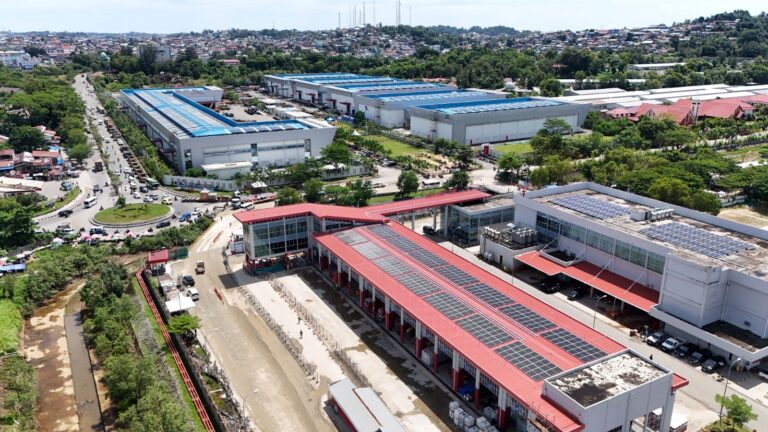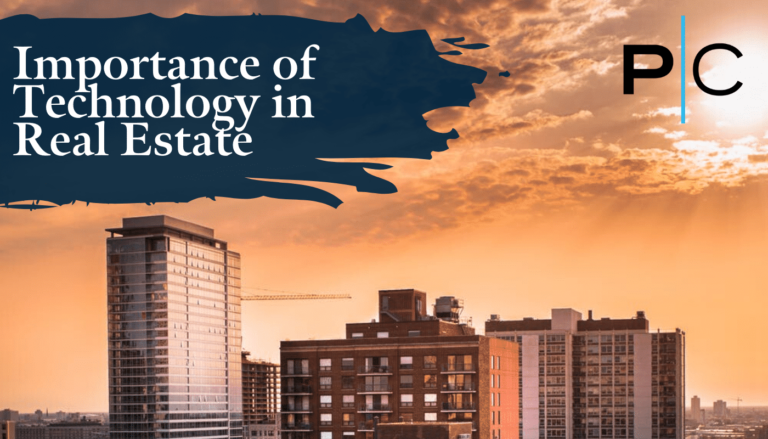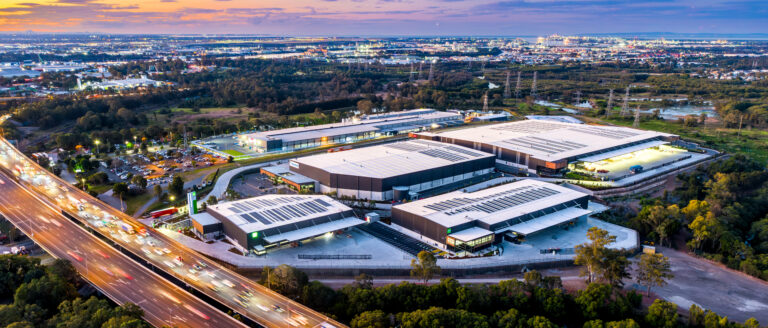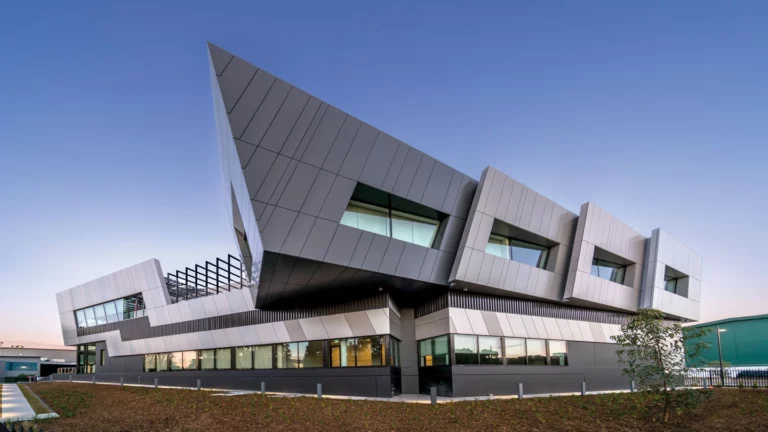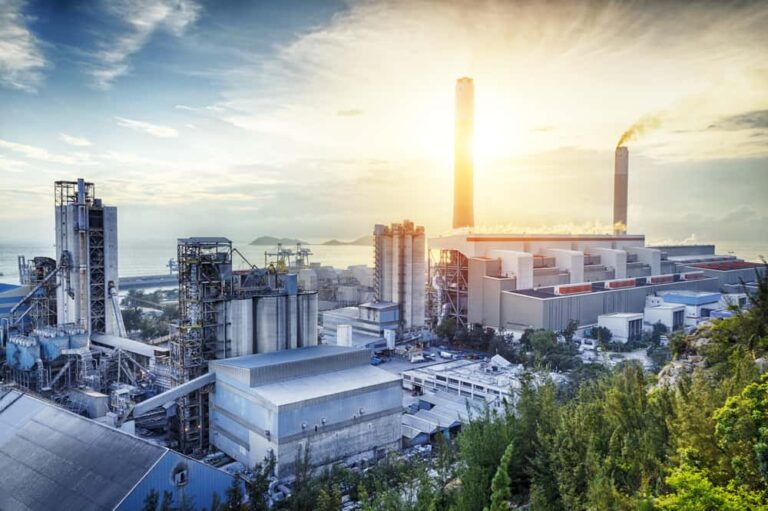Nuveen Industrial Real Estate: Comprehensive Insights, Benefits, and Use Cases
Nuveen Industrial Real Estate represents one of the most strategic areas within the global investment platform managed by Nuveen, a leading asset management firm. Industrial properties such as warehouses, logistics centers, and distribution hubs are experiencing significant growth due to the rapid expansion of e-commerce, supply chain modernization, and global trade networks.
The company focuses on long-term value creation by investing in industrial assets that are critical to the flow of goods and services worldwide. These properties are not just storage facilities but vital infrastructure enabling retailers, manufacturers, and logistics providers to operate efficiently in an increasingly digital economy.
Understanding Nuveen’s industrial real estate strategy provides valuable insights for investors, businesses, and policymakers who are navigating a fast-changing global economy.
The Strategic Role of Industrial Real Estate
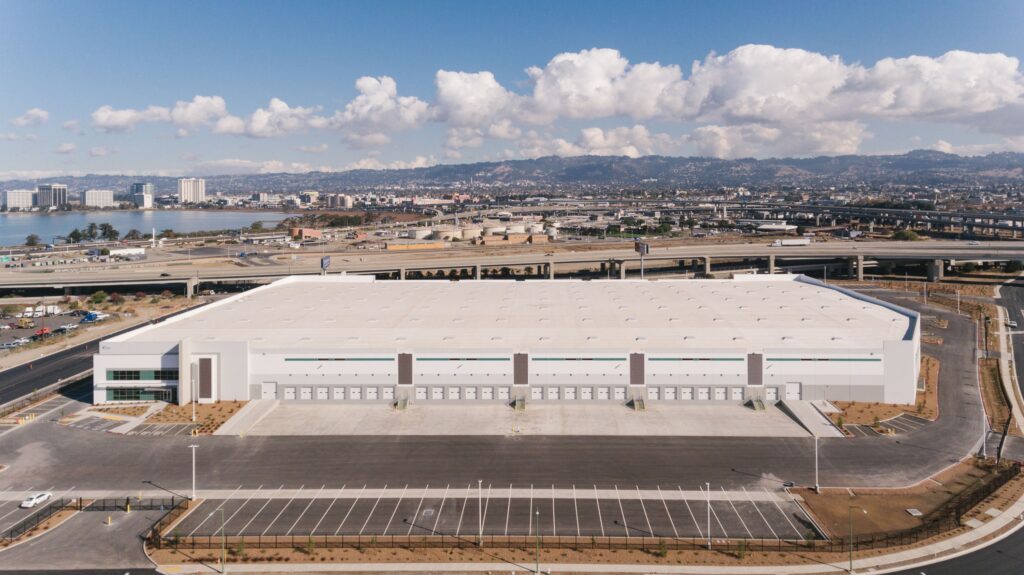
Industrial real estate plays a vital role in connecting global supply chains. Unlike retail or residential sectors, industrial assets are designed to support logistics efficiency, distribution speed, and inventory management. The demand for such properties has surged as consumer behavior shifts toward online shopping and as companies prioritize resilience in their supply networks.
Nuveen recognizes this trend and invests in properties strategically located near transportation hubs, ports, and metropolitan areas. These locations ensure faster delivery times and reduced operational costs for tenants. The firm’s strategy is not only about acquiring properties but also about optimizing them for sustainability and long-term performance.
Nuveen’s Global Industrial Real Estate Portfolio
Nuveen manages one of the largest diversified real estate platforms globally, with its industrial sector representing a major growth area. The company’s portfolio spans across North America, Europe, and Asia-Pacific, reflecting its global outlook.
These assets include state-of-the-art distribution facilities, last-mile delivery centers, and strategically located warehouses. Nuveen prioritizes buildings with modern designs that accommodate automation technologies and advanced logistics systems, making them highly adaptable to the evolving needs of tenants.
Through this diversified approach, Nuveen mitigates risks while maximizing opportunities across different markets, ensuring consistent value creation for stakeholders.
Real-World Examples of Nuveen Industrial Real Estate
Last-Mile Delivery Centers
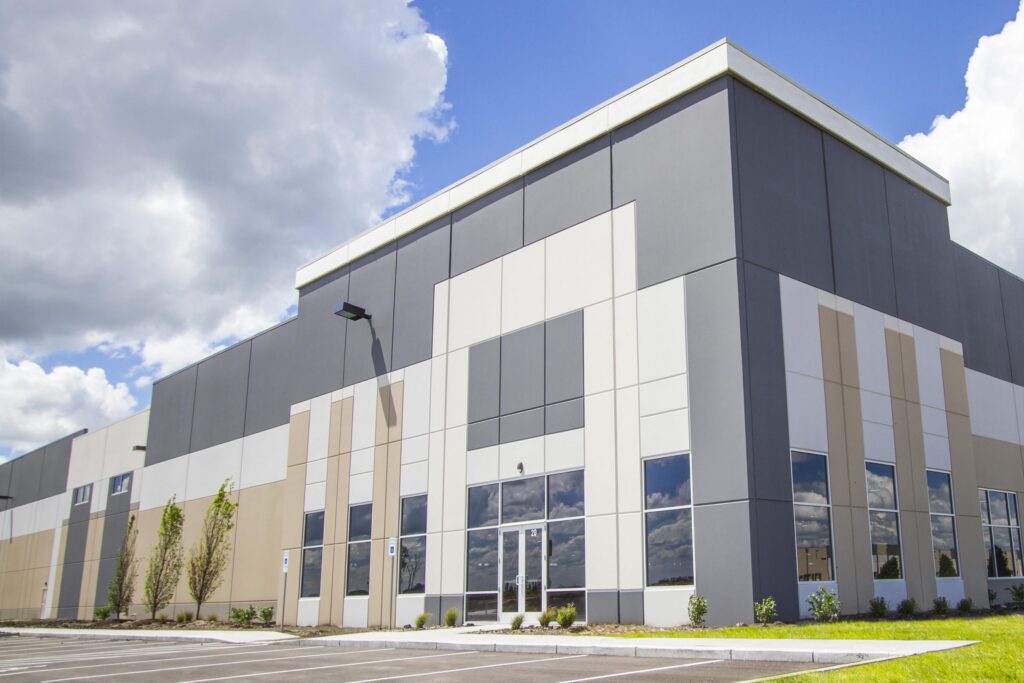
Nuveen has invested heavily in last-mile delivery centers, particularly in urban areas where e-commerce activity is concentrated. These facilities enable companies to shorten delivery times, which is a critical factor for customer satisfaction in the digital age.
For instance, Nuveen owns and manages several facilities near major metropolitan regions in the United States, ensuring retailers and logistics companies can meet the growing demand for same-day and next-day delivery. The relevance of these properties lies in their ability to reduce transportation costs while improving efficiency for tenants.
Logistics Hubs Near Ports

Another example of Nuveen’s industrial investments is its focus on logistics hubs near international ports. These assets are critical for global trade as they act as gateways for imported goods before distribution across domestic markets.
Properties near ports such as Los Angeles, Rotterdam, and Singapore are particularly valuable. They allow tenants to streamline supply chain operations and minimize delays in transporting goods from ships to warehouses. Nuveen’s investment in these hubs demonstrates its commitment to building infrastructure that supports international commerce.
Modern Automated Warehouses
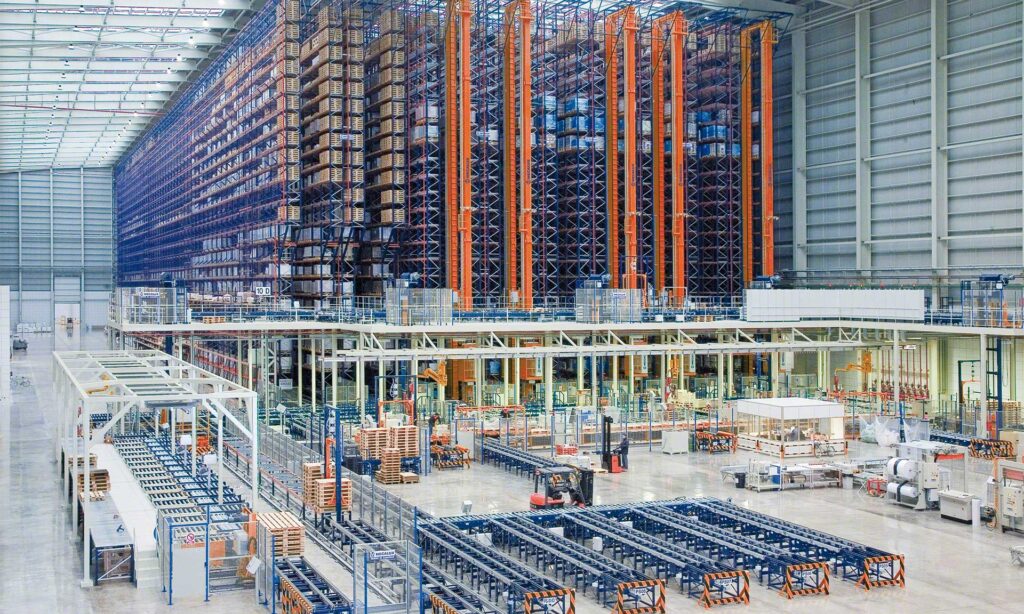
Automation is transforming the way warehouses operate. Nuveen has developed and acquired modern warehouses equipped with technologies such as robotics, automated storage and retrieval systems, and advanced inventory tracking.
These warehouses serve tenants in industries like retail, manufacturing, and healthcare, where efficiency and accuracy are paramount. By integrating automation-ready designs, Nuveen ensures that its properties remain relevant in a market where technology adoption is accelerating.
Sustainable Industrial Parks
Sustainability is a core focus of Nuveen’s industrial real estate strategy. The company has invested in industrial parks designed with energy-efficient systems, renewable energy integration, and environmentally friendly building materials.
These parks not only reduce the environmental footprint of tenants but also help them meet regulatory and corporate sustainability goals. By incorporating sustainability, Nuveen attracts tenants who value eco-conscious operations and positions its assets for long-term resilience.
Benefits of Industrial Real Estate Investments with Nuveen
Resilience in Economic Cycles
One of the main benefits of Nuveen Industrial Real Estate is its resilience. Industrial properties tend to perform well even during economic downturns, largely due to their integral role in supply chains. As long as goods need to be transported and delivered, the demand for industrial space remains stable.
Adaptability to Market Trends
Another significant advantage is adaptability. Nuveen’s properties are designed to evolve with market needs, whether it’s integrating automation, supporting cold storage for pharmaceuticals, or expanding last-mile delivery capabilities. This adaptability ensures long-term relevance and tenant demand.
Enhanced Tenant Relationships
Nuveen prioritizes strong partnerships with tenants, offering flexible leasing structures and high-quality property management. This tenant-focused approach creates stability in occupancy rates and generates consistent returns for investors.
Use Cases of Nuveen Industrial Real Estate
Supporting E-Commerce Growth
E-commerce companies face the challenge of fulfilling orders quickly and efficiently. Nuveen’s strategically located warehouses and last-mile facilities help these businesses meet delivery expectations while reducing operational costs.
Strengthening Supply Chain Resilience
Global disruptions such as pandemics or geopolitical tensions have highlighted the importance of resilient supply chains. Nuveen’s logistics hubs provide tenants with reliable infrastructure to minimize delays and keep goods flowing smoothly.
Advancing Sustainable Business Practices
As corporations set ambitious sustainability targets, Nuveen’s eco-friendly industrial parks offer a tangible solution. Tenants can reduce their carbon footprint while maintaining operational efficiency, aligning with environmental goals and regulatory standards.
Future Outlook for Nuveen Industrial Real Estate
The future of industrial real estate looks promising, with continued growth driven by e-commerce, global trade, and supply chain innovation. Nuveen is well-positioned to capture this growth through its diversified portfolio, commitment to technology integration, and focus on sustainability.
As automation and artificial intelligence further reshape logistics, industrial properties will become even more central to economic infrastructure. Nuveen’s forward-thinking approach ensures that its industrial assets remain competitive and valuable for decades to come.
Frequently Asked Questions
What is Nuveen Industrial Real Estate?
Nuveen Industrial Real Estate is a segment of Nuveen’s global investment platform that focuses on acquiring, developing, and managing industrial properties such as warehouses, logistics centers, and distribution hubs.
Why is industrial real estate important today?
Industrial real estate is critical because it supports e-commerce growth, strengthens supply chain resilience, and enables businesses to deliver goods efficiently. Its role has expanded significantly with the rise of digital shopping and global trade.
How does Nuveen integrate sustainability into its industrial properties?
Nuveen incorporates energy-efficient systems, renewable energy sources, and eco-friendly building designs into its industrial assets. This approach helps tenants reduce their environmental footprint while enhancing long-term property value.

